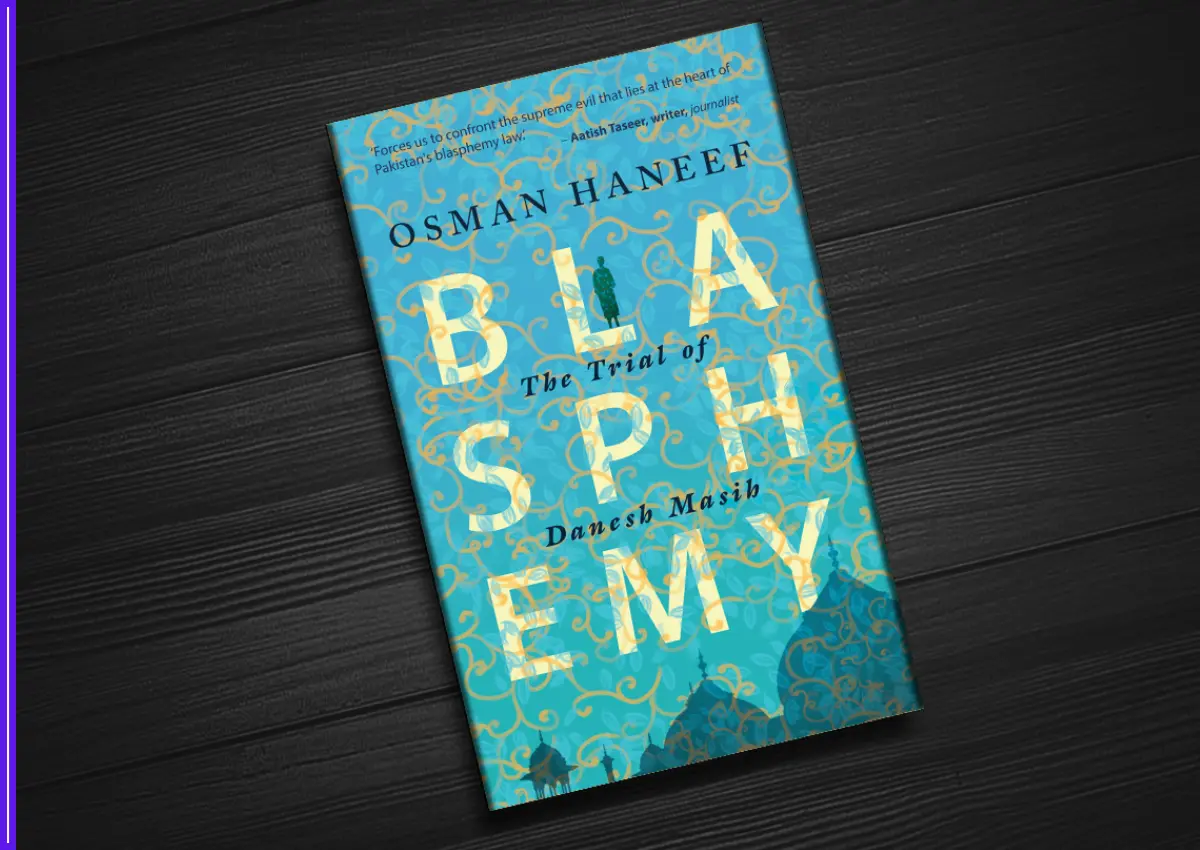In a significant move reflecting worsening diplomatic ties, the Indian government has banned all Pakistani content from streaming on OTT platforms across the country. The order covers a wide range of digital media, including web series, films, music videos, and podcasts, regardless of whether they are free or subscription-based.

The Ministry of Information and Broadcasting issued the directive on Wednesday, citing national security concerns in light of the recent terror attack in Pahalgam, Jammu and Kashmir, which claimed the lives of several Indian civilians. Indian officials allege the attack was orchestrated by operatives based in Pakistan—an accusation Islamabad has strongly denied.
A senior official from the Ministry stated, “We are taking every necessary measure to prevent the circulation of content that could disrupt public order, fuel anti-national sentiment, or glorify cross-border extremism. This ban is part of a broader effort to safeguard India’s internal security.”
This isn’t the first time India has cracked down on Pakistani content. In late 2022, the government blocked access to the Pakistan-based OTT platform Vidly TV, which had released a controversial series that was deemed to portray India and its historical events in a negative light. In April 2025, India also took action against several Pakistani YouTube channels, including those run by well-known personalities like Shoaib Akhtar and Arzoo Kazmi, accusing them of spreading propaganda and misinformation.
The fresh ban comes as tensions between India and Pakistan have escalated sharply in recent days. Following the Pahalgam attack, multiple Indian military installations in Jammu, Udhampur, and Pathankot reportedly came under drone and missile attacks. India has since retaliated with strikes targeting Pakistani military assets near the Lahore border. Blackouts and explosions have been reported in several areas, and both nations are now on high alert.
While cultural exchanges between the two nations have historically seen periods of warmth and collaboration, especially in film and music, this latest ban marks another deepening rift. Content creators and viewers alike may feel the impact of this digital divide, but officials maintain that national security must come first.
As the situation develops, global observers are urging both countries to prioritize diplomacy over escalation and to seek pathways for de-escalation through dialogue.





